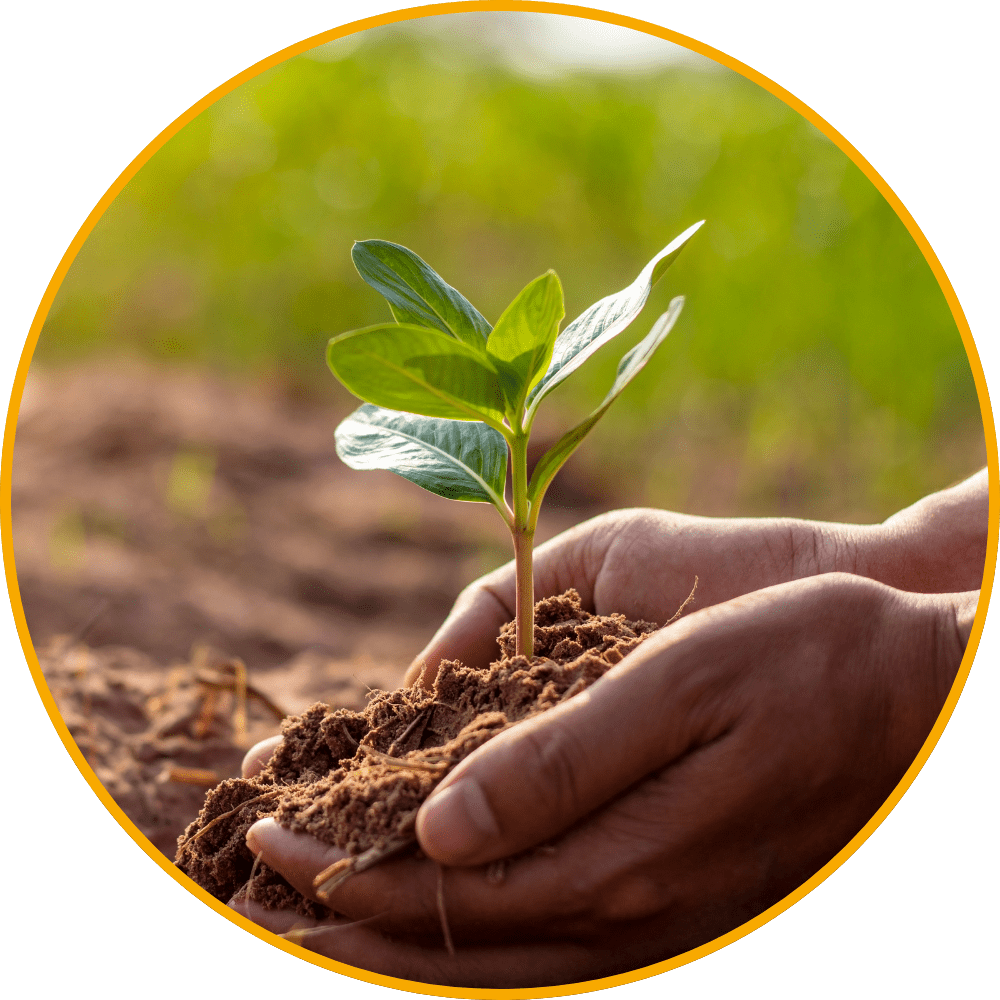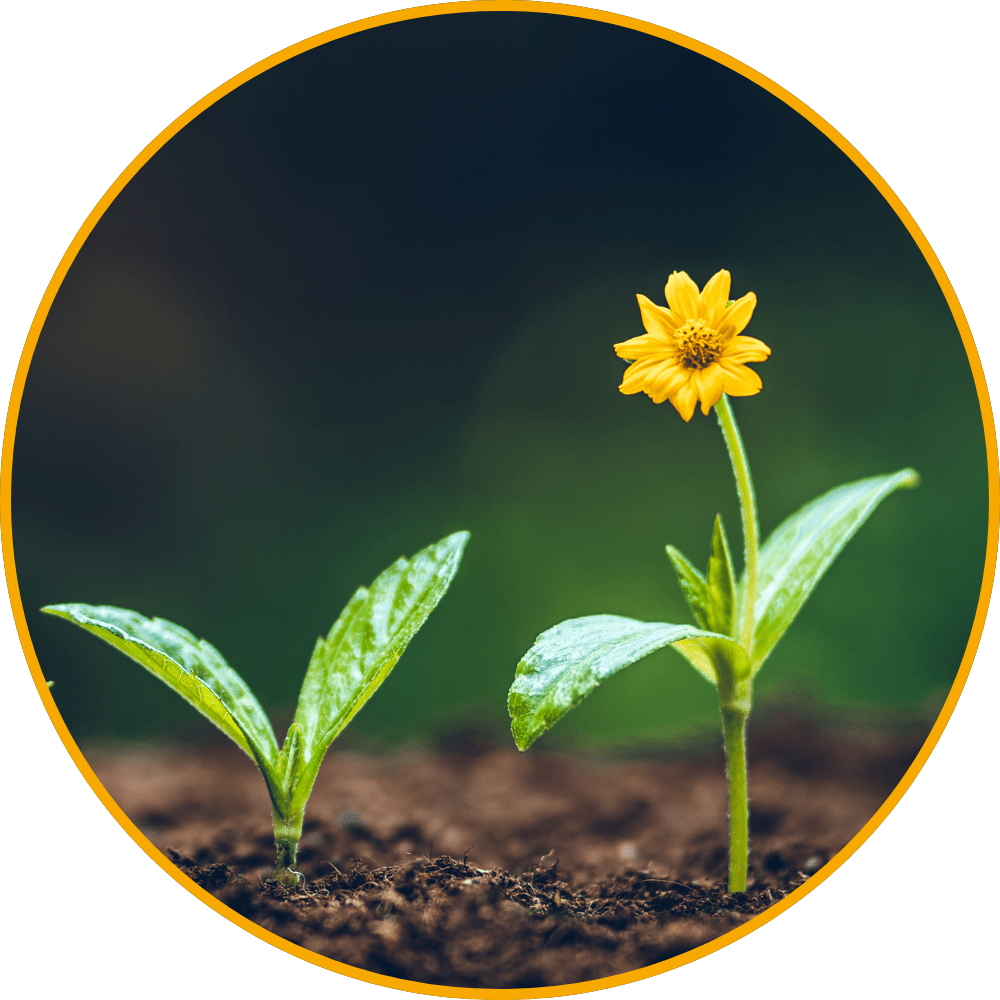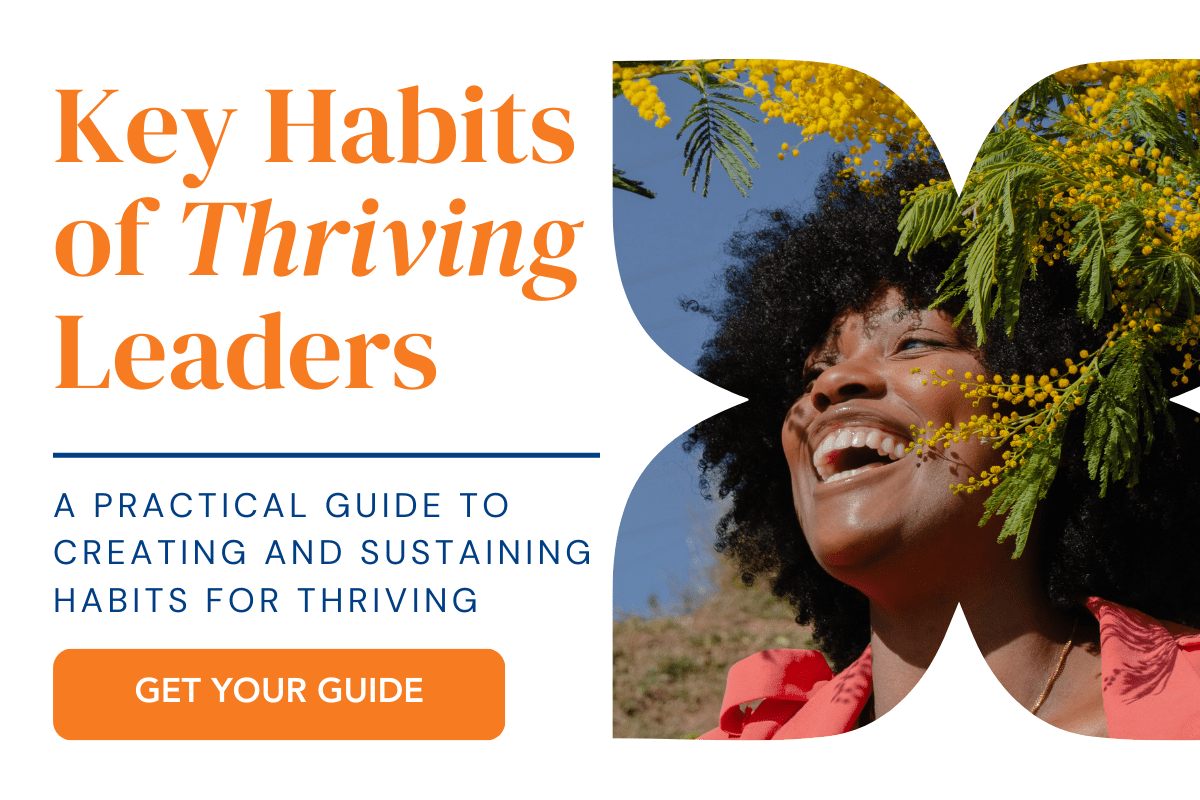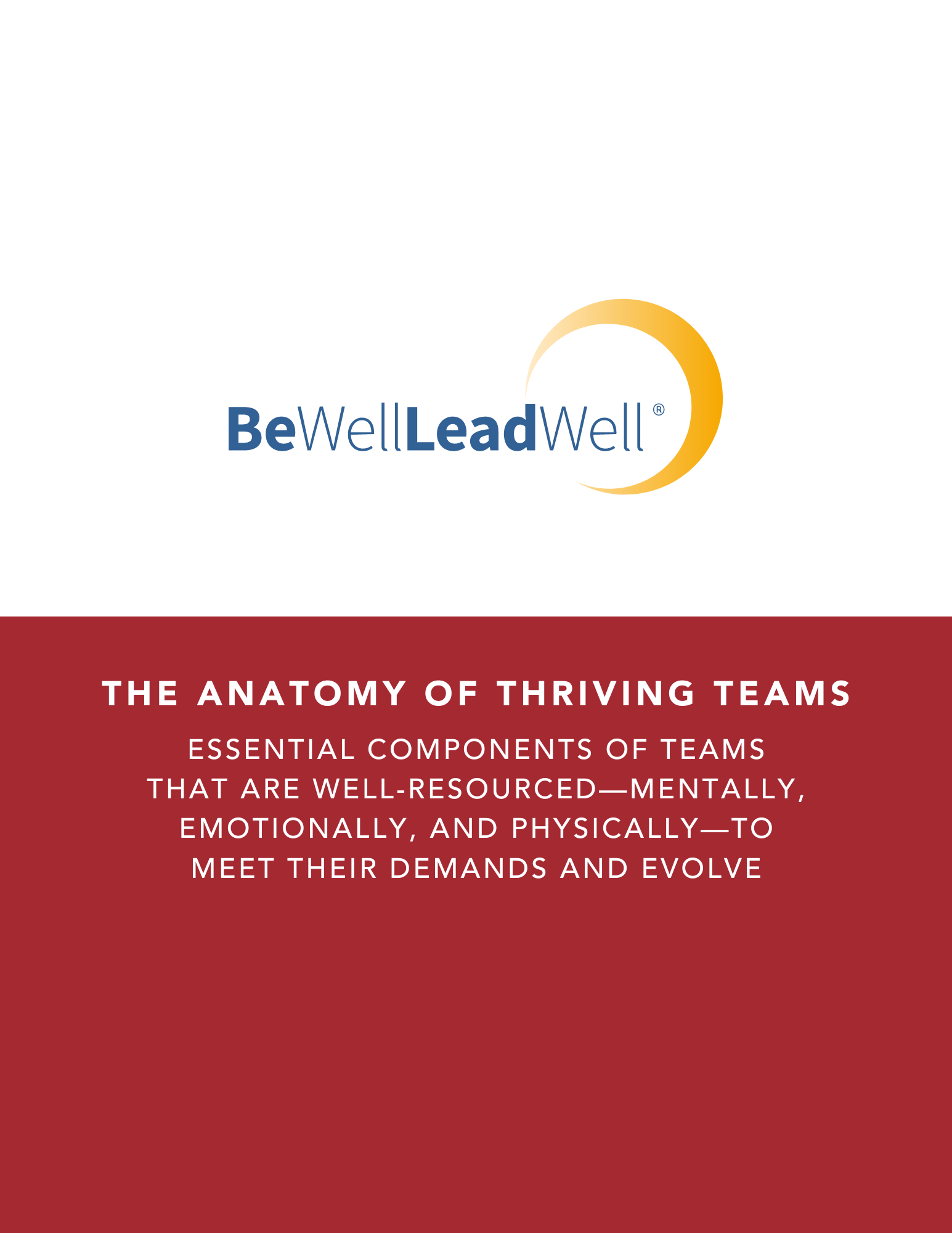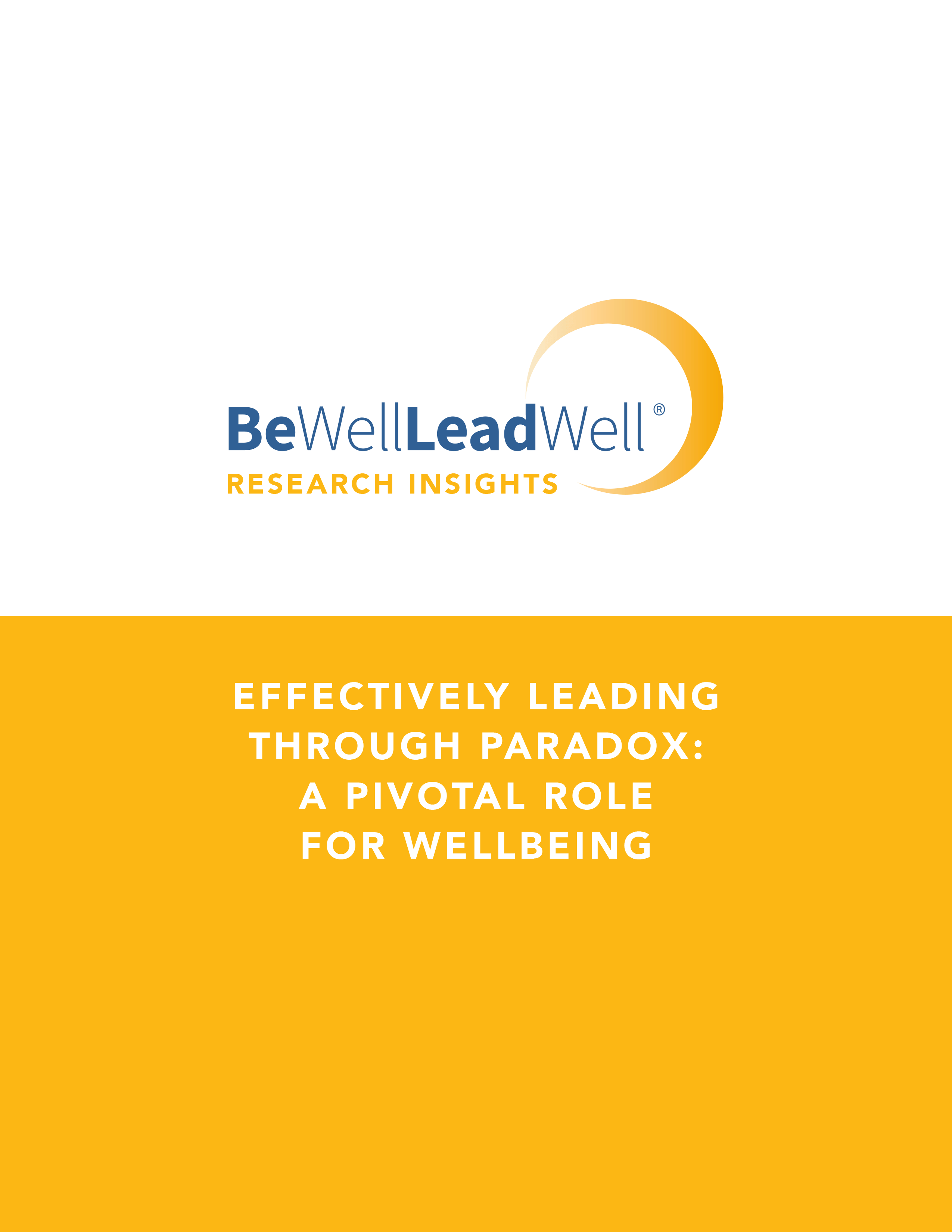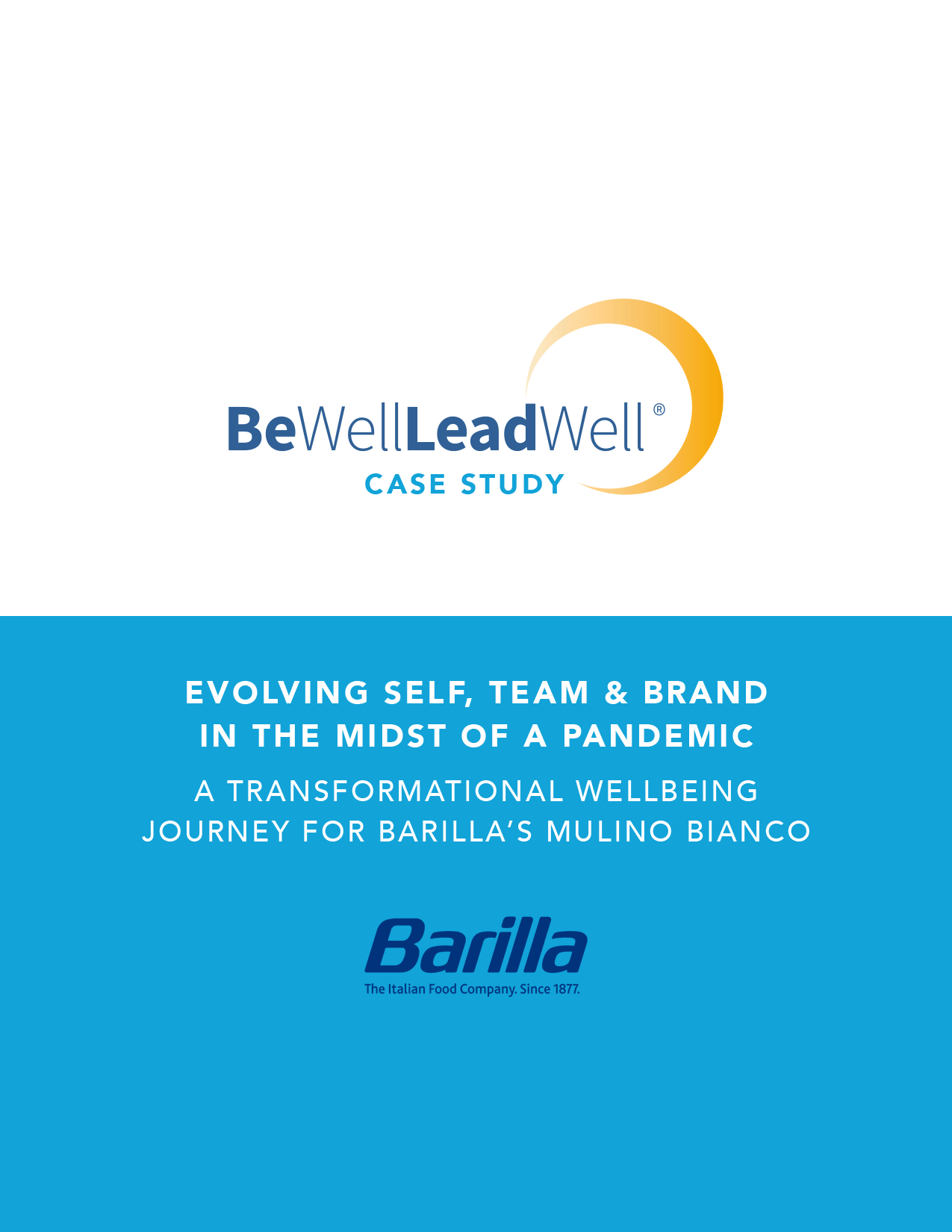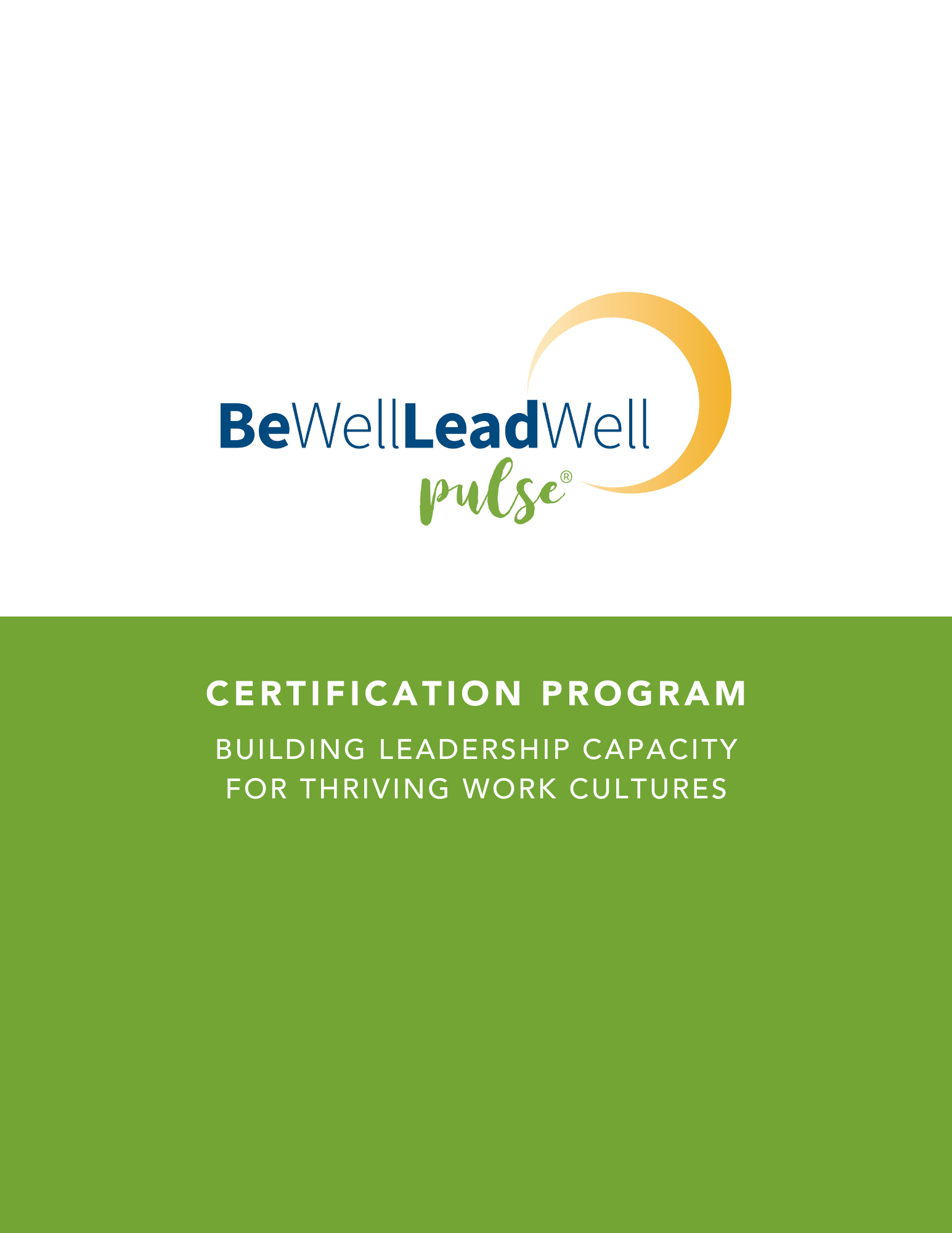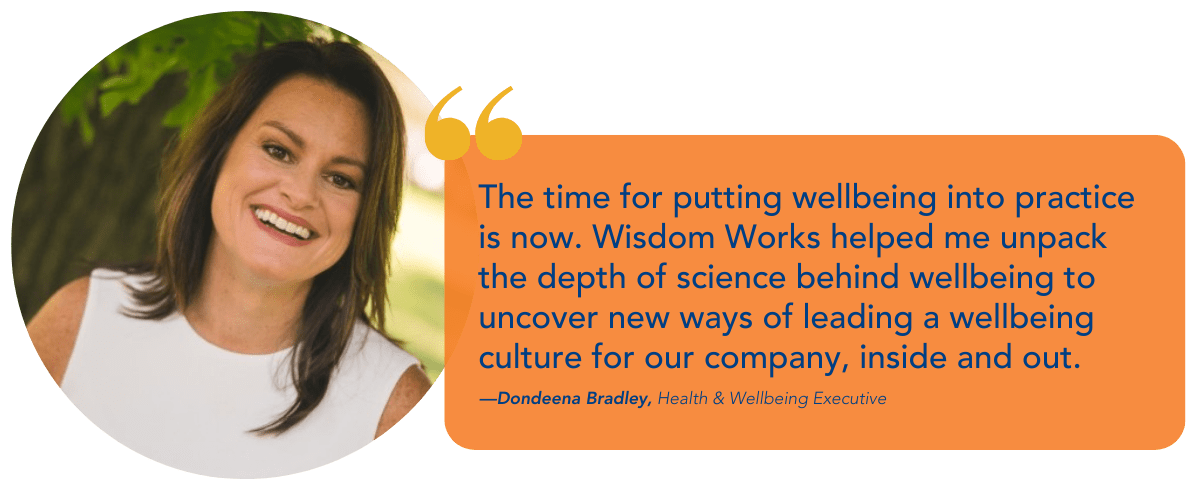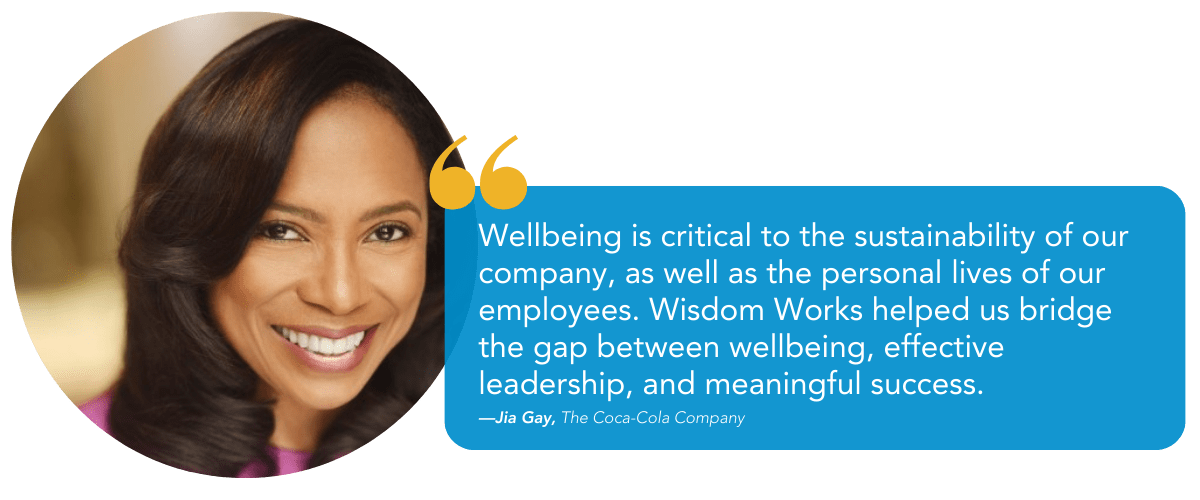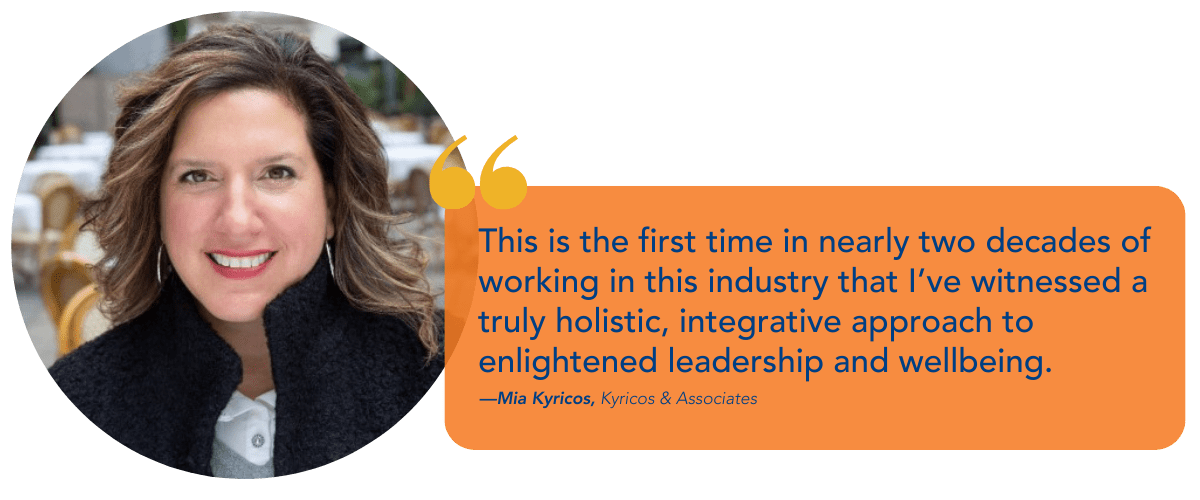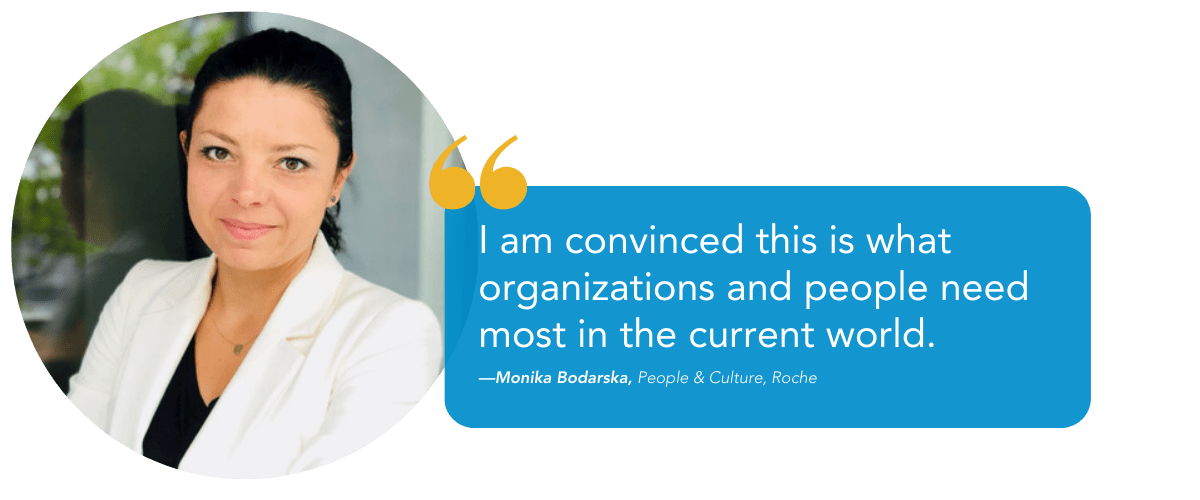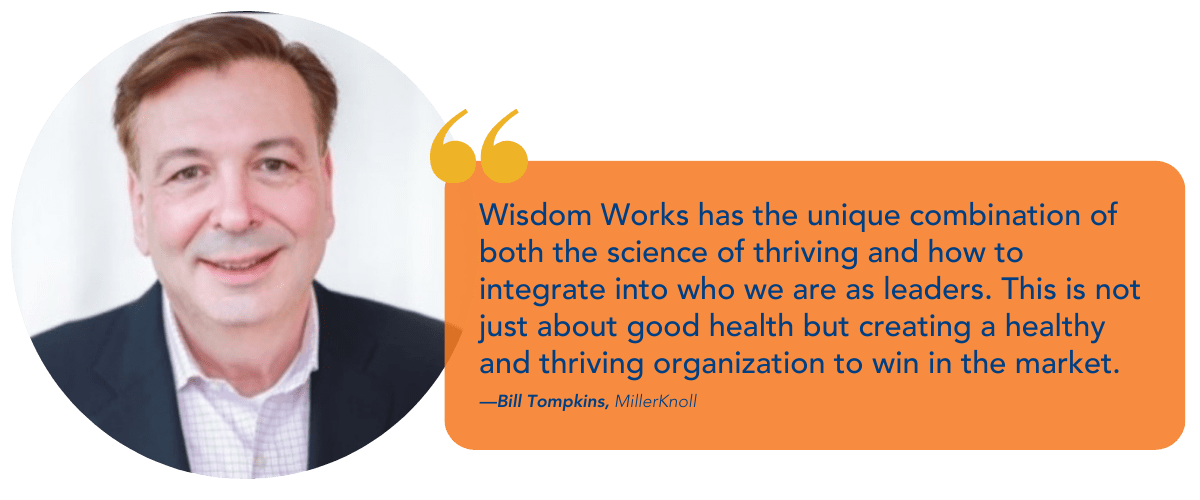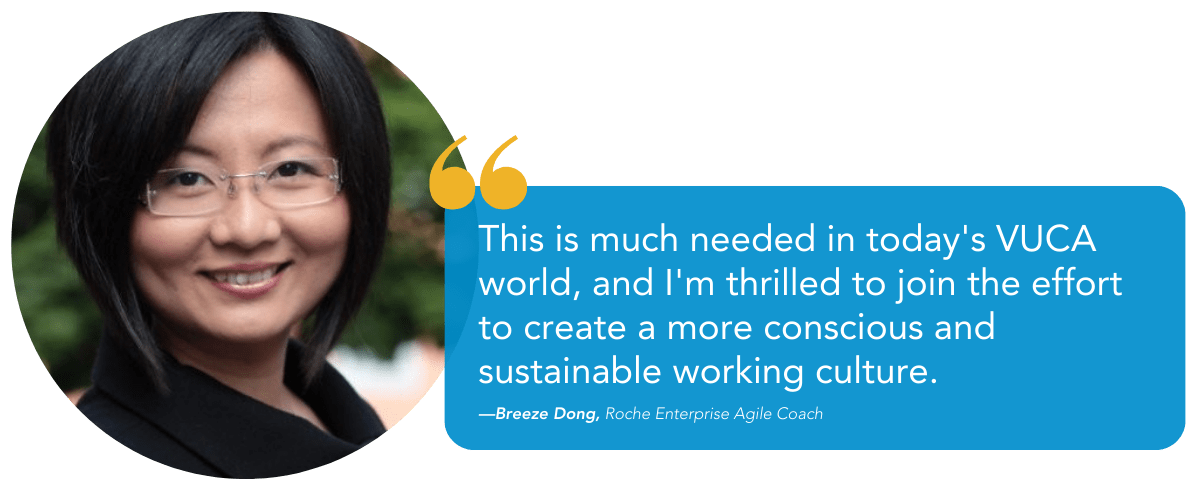By bringing the science and cultural insights of human thriving to life for leaders, teams, and brands, Wisdom Works is transforming how we live and work.
FOSTER WORK CULTURES WHERE EVERYONE THRIVES
Our customized programs, enterprise solutions, and practical resources harness the latest wisdom and science of thriving to help you achieve sustainable results while staying energized, fulfilled, and well.
UNLOCK TRUE POTENTIAL FOR IMPACTFUL CHANGE
Our cutting-edge assessment Be Well Lead Well Pulse® measures 19 key bio-psycho-social factors of thriving, empowering you to turn insights into sustainable action for your teams and organizations, starting with yourself.
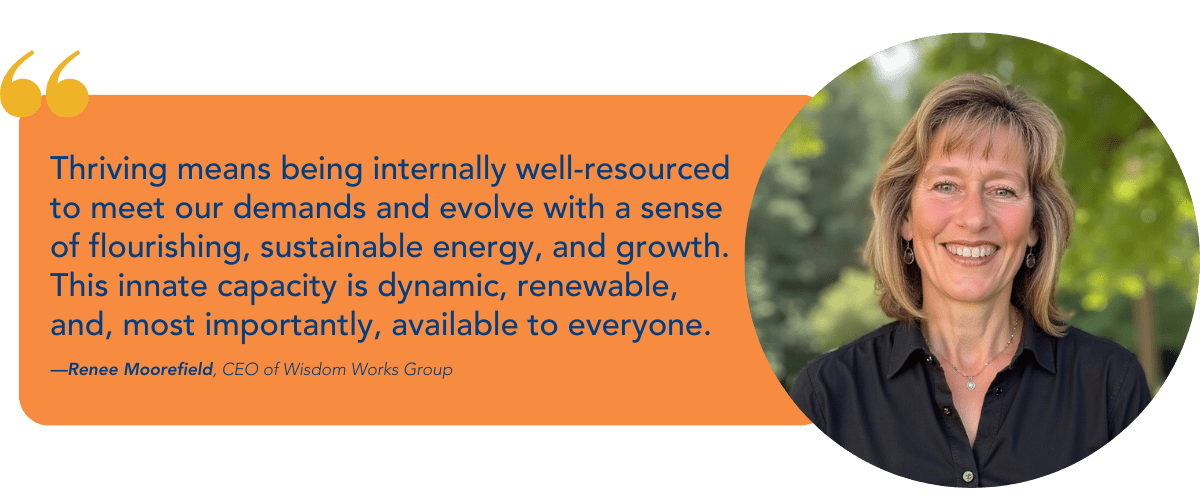
Lead with the Wisdom & Science of Thriving
From a foundation of wellbeing, we build meaningful relationships and achieve our goals while enhancing our wisdom and resilience.
This is how we thrive.
And it’s not just leaders who experience these results. Research shows that thriving is linked to:
> Enhancing adaptability, innovation, & learning
> Boosting cognitive agility & performance
> Fostering prosocial mindsets & behaviors
> Improving employee attraction & retention
> Cultivating vibrant work cultures
> Building customer loyalty
> Driving profitability
> Increasing responsibility for people & planet
Simply put, thriving is essential for creating healthy, sustainable, and adaptable organizations.
We are building a global movement of leaders passionate about creating environments where everyone can thrive.
Our Clients and Partners
Latest News and Articles

Authentic Leadership Rooted in Values Creates Abundance for All Recently, I spoke with Jen Coyne, CEO of The Peak Fleet and host of the Authenticity Matters radio show on KXRW in Vancouver, Canada, to explore how thriving as leaders ripples outward into our organizations, communities, and beyond. In a world where complexity and interconnection are our everyday reality, Jen’s insights offer a refreshing reminder: Leadership grounded in authenticity, purpose, and values is leadership that enables everyone to thrive. What Does It Mean to Thrive? For Jen, thriving has very little to do with accumulation or traditional markers of success. She defines thriving as”…being able to connect in meaningful ways with other people, creating community… I don’t think that as a human I can thrive unless others thrive—it’s not a zero-sum game.” Her notion of “right-sized abundance” challenges the common belief that more is automatically better. Real thriving means having enough—enough resources, time, energy, and vitality to live a fulfilling life and sustain a healthy organization while ensuring others have access to the same. This perspective asks us to broaden our view: How is the whole ecosystem doing—not just the individual leader, team, or organization? Jen names compensation as one example…
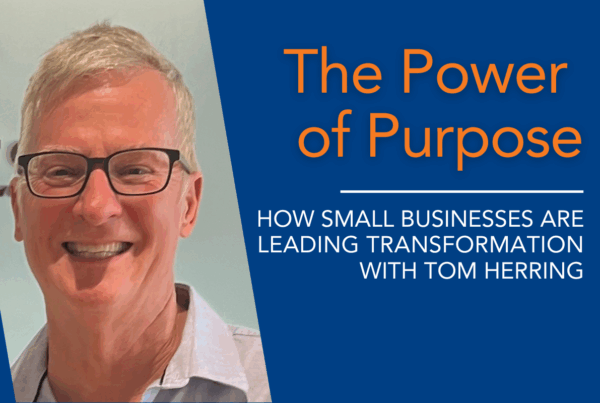
The Revolution Happening Right in Your Neighborhood While we scroll past headlines about what Fortune 500 companies are doing to save the world, a quiet revolution is happening right in our neighborhoods. These organizations—from solopreneurs to small teams—are embracing what Wisdom Works calls “thriving leadership”: a way of leading that considers not just profit, but people and planet in every decision. Recently, I spoke with Tom Hering, Co-Founder of Benefit Corporations for Good, about this growing movement. “I get to work with these really incredible people that know the world’s hurting in so many different ways, and they’re doing everything as small business owners to help change that course,” says Tom. Over the past seven years, he’s certified more than 100 small organizations across 11 states and one Canadian province in the eight key standards of benefit corporations—for-profit entities that commit to fostering positive impact on society and the environment alongside financial goals. The Questions that Redefine Business Success For the leaders Tom works with, thriving goes beyond how success is often defined. Thriving is about an inspiring purpose built into the organization. Driven by purpose, these leaders ask themselves critical questions with every decision: How will this affect our…

Insights from Cosmologist & Futurist Dr. Jude Currivan In an era marked by unprecedented challenges and rapid change, the question of how we lead—both ourselves and others—has never been more critical. My conversation with cosmologist, physicist, futurist, and planetary healer Dr. Jude Currivan offers profound insights into the kind of leadership needed during what she frames not as a “metacrisis,” but rather a “metamorphosis.” From Metacrisis to Metamorphosis Synchronicity brought Jude and I together when we both ended up staying at an Airbnb in San Francisco many years ago. I say “synchronicity” because I happened to be listening to her book The Cosmic Hologram when I heard what sounded like her distinctive voice talking with the lodging proprietor. I headed from my room to the kitchen to see if it was her. To my pleasant surprise, it was. And our conversations about the nature of our world—and what it means to live and lead within it—began. When I spoke with her recently, Jude shared the power of reframing our current situation. Rather than viewing our world as caught in a series of overlapping crises—climate emergency, democratic erosion, technological disruption, social fragmentation—she suggested we see this moment as a metamorphosis. “A…

Insights on staying grounded in a turbulent world from leadership expert Dave Schrader In my latest conversation with leaders about how to prioritize thriving to strengthen teams and organizations in our disruptive world, it was a delight to connect with Dave Schrader, PhD, a longtime leadership development expert with the renowned firm Leadership Circle. If you feel like a cork bobbing in an ocean of complexities, I think you’ll find his wisdom invaluable. Beyond the Bobbing Cork “It’s going to be hard to thrive if you’re like a cork in a turbulent sea, just bobbing up and down at the behest of whatever waves come your way,” Dave told me. This metaphor captures the experience many leaders face today—being tossed around by rapid technological change, workplace transformation, and global uncertainties. When we lack a stable center, we end up reacting to every news headline, market fluctuation, or organizational challenge without coherence or clear direction. Like that cork, we expend tremendous energy but make little meaningful progress. The question becomes: How do we find stability amidst turbulence? How do we navigate effectively instead of merely staying afloat? From Staying Afloat to Finding Your Place to Stand Dave suggested that thriving…

